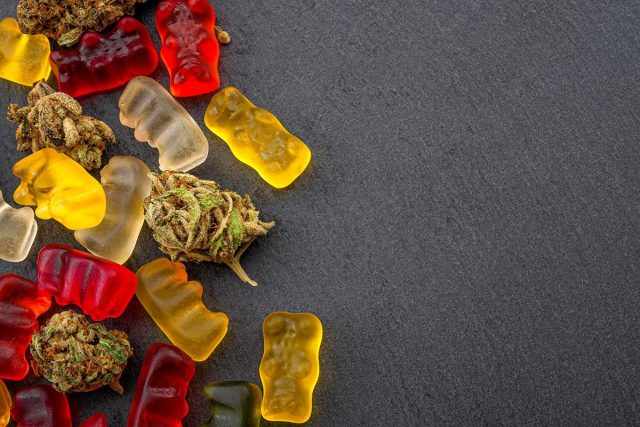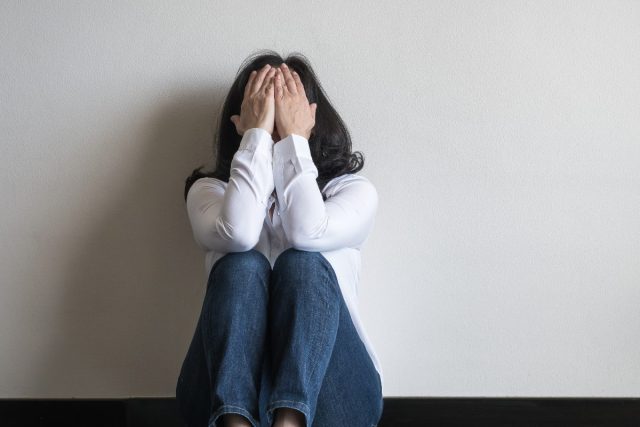Find out ‘What Are The Surprising Side Effects Of Marijuana?’ Now that marijuana is allowed for recreational use in 21 states, some politicians and health professionals are worried that the laws governing marijuana are loosening before the science proving it is safe.
Researching cannabis’ potential risks and negative effects has been extremely challenging because it remains illegal on a federal level. But, some lawmakers do think that legalizing is the best option to control marijuana sales, prevent youngsters from the substance, and provide rules and protections.

“I want to keep this out of the hands of young people, which is one of the reasons I have battled so hard to be able to legalize, regulate, and tax. It has been shown to have detrimental effects on the growing mind, according to Congressman Earl Blumenauer (D-Ore). “Consumers need to be able to determine the THC content of the items they are eating, as opposed to the existing uncontrolled market that makes this practically difficult.
“The FDA denied three citizen requests asking advice on CBD in late January, announcing that it would not regulate cannabis as a dietary supplement. FDA principal deputy commissioner Janet Woodcock stated in a statement, “We have not found appropriate data to indicate how much CBD may be ingested, and for how long, before causing damage.” The FDA has determined that a new regulatory pathway for CBD is required in order to strike a balance between people’s desire for access to CBD products and the necessity for regulatory control to limit hazards. What does this entail, then? Here is what we now know about marijuana’s adverse effects, according to specialists, so buyer beware.
The Dangers Of Edibles

According to research, compared to regions where edible sales are prohibited, incidences of pediatric poisonings were higher in Canadian provinces where they are authorized. Despite the introduction of child-resistant packaging, claims Daniel Myran, a fellow at the Ottawa Hospital Research Institute. That “suggests that you’re going to witness an increase in these poisonings if you add cannabis into confectionery or chocolate,” Myran claims. “Do you require this product form, I ask the regulators? Can adult customers choose and have access to a legal cannabis product that doesn’t need to be so appealing to young children?”
Dr. Marit Tweet, an emergency medicine physician and medical toxicologist affiliated with the Southern Illinois University School of Medicine, asserts that “the problem is probably underreported.” “When kids consume these edibles at home and the caretakers don’t contact poison control centers or travel to a hospital where a clinician may later report the case, the incident won’t be documented. These incidents might also not be recorded if a child does show up in a healthcare environment after a little exposure and the medical professional feels confident treating the child without consulting a poison control center.”
Cannabis-Related Anxiety

Although marijuana has been demonstrated to help reduce anxiety in modest doses, the dosage is crucial. According to Susan A. Stoner, PhD, “all other things being equal, THC appears to lessen anxiety at lower dosages and raise anxiety at greater levels.” “Such a result was seen in a recent study in which participants completed an activity that was known to reduce psychosocial stress.
The length of negative emotional reactions to the work and post-task assessments of how frightening and demanding the stressor was decreased with a modest dosage of THC (7.5 mg). A larger THC dosage (12.5 mg) on the other hand led to modest but substantial increases in anxiety, depressive mood, and subjective discomfort both at baseline and during the psychosocial stress test.
According to one research, cannabis did not reduce anxiety but did aid with sleep problems.
Jodi Gilman, an associate professor at Harvard Medical School/Massachusetts General Hospital with the Center for Addiction Medicine, said, “Our study underscores the need for better decision-making about whether to begin using cannabis for specific medical complaints, particularly mood and anxiety disorders, which are associated with an increased risk of cannabis use disorder. The existing approach, which lets patients pick their own drugs, determine their own dosages, and frequently go without professional follow-up treatment, has to be adequately explained to patients.
Cannabis-Related Emphysema

According to studies, smoking marijuana can harm your lungs in a way that smoking cigarettes can. According to Dr. Andrew Salner, medical director of the Hartford HealthCare Cancer Center at Hartford Hospital and member of the CT Medical Marijuana Program Physician Advisory Board, smoking marijuana undoubtedly raises the risk of lung illness. “We are aware that it might lead to chronic bronchitis and emphysema. While vaping does not include combustion byproducts, it does contain compounds that enter the lungs directly and may result in an adverse response. As we witnessed with a wave of vaping-related lung injuries in previous years, flavors and other substances pose a danger of damaging lung tissue.”
Despite the lack of clear evidence, Dr. Salner is worried about the potential effects of years of smoking. According to Dr. Salner, many patients who used cigarettes in their teens, 20s, and beyond develop cancer in their 60s. “Since marijuana smoke includes the same poisons and carcinogens as tobacco smoke, I believe the majority of 100 scientists would agree that smoking marijuana causes lung cancer. In fact, it’s possible that one marijuana cigarette has the same amount of carcinogens in it as 10–20 regular cigarettes.”









